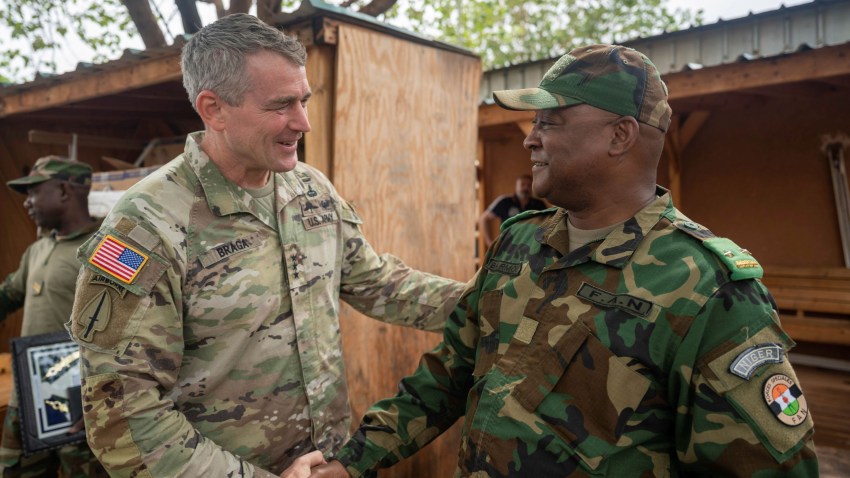When news of the military coup in Niger broke last week, it might have surprised many U.S. observers to learn that the political developments in the capital city, Niamey, jeopardized a sizable U.S. military presence in the country. The U.S. has two drone bases in Niamey and Agadez, with the latter reportedly costing more than $110 million to build. Additionally, in 2020, The Intercept reported that the U.S. military had also established four contingency locations across the country, making Niger the African state hosting the biggest U.S. military footprint at that time. As part of wider U.S. military assistance to the country that began in 2002, these troops aim to advise, train and support Niger’s armed forces in their fight against violent extremist groups.
In addition to Niger, U.S. forces currently conduct counterinsurgency and counterterrorism operations in Somalia. Indeed, after having been downsized under the Trump administration, the U.S. contingent in Somalia was increased last year by U.S. President Joe Biden. In addition to traditional security assistance, U.S. forces actively engage in combat alongside Somali security forces in the fight against Al-Shabaab, while also conducting airstrikes against the group. Overall, the U.S. military footprint to counter violent extremism across Africa is significant, with 29 military bases in 15 different countries and at least 36 operations and activities across the continent.
Since the launch of the “great power competition” framework, U.S. policymakers seem to have moved on entirely from the war on terror, focusing instead on countering China and Russia—for better or worse—and on maintaining an international order that is favorable to the U.S. and its Western allies. But as the events in Niger demonstrate, it would be a mistake to consider the war on terror as solely in the past. Indeed, as illustrated by the U.S. national security strategy, it is still an important element of U.S. foreign policy today, meaning the U.S. continues to wage a war it has fought virtually across the entire world for the past 22 years.

